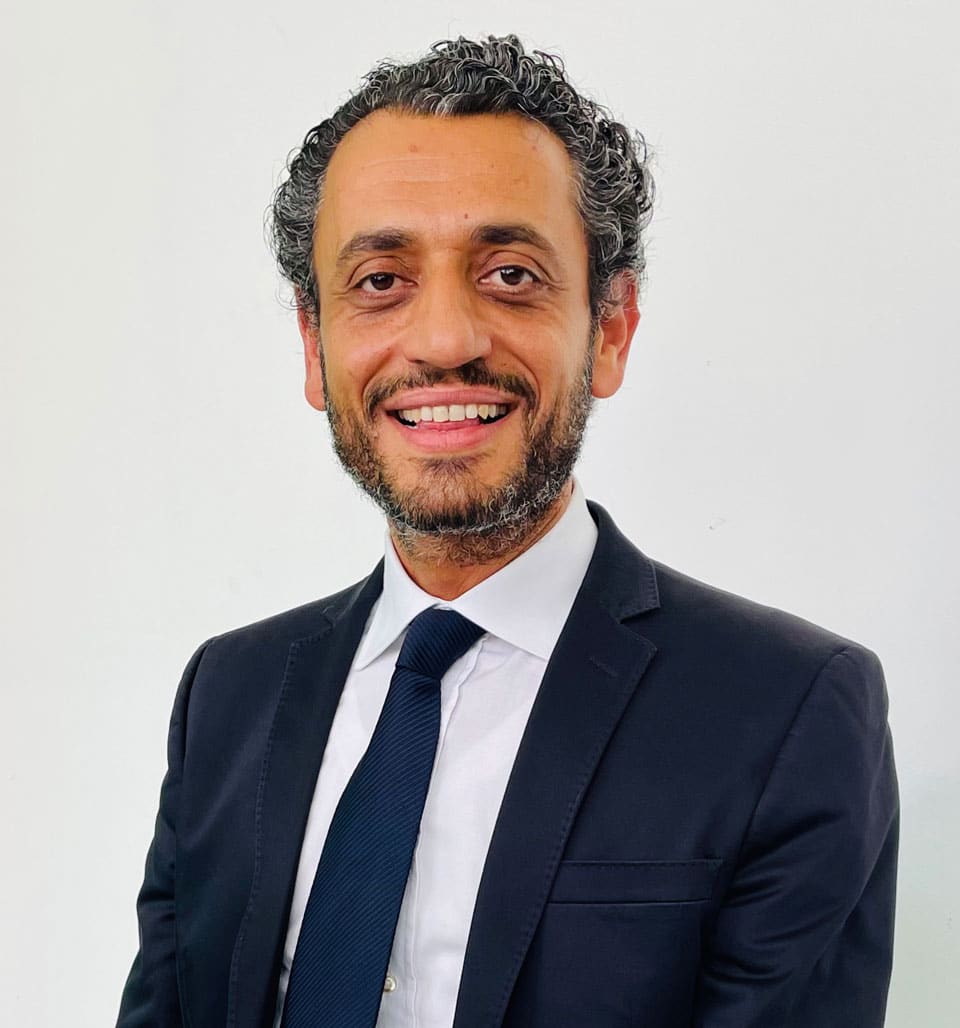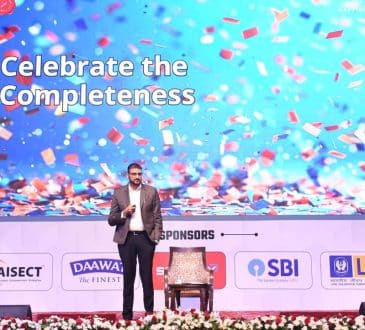Call me an idiot

My father was useless. A serial cheater, he dilapidated money like there was no tomorrow, hired proxies who catered to his self-inflated ego and derailed a marriage because he prioritized the ‘I’ and his vices over everyone else’s interests, including his wife’s. The hard truth lens would expose him as an idiot. Looking back through the lens of today’s private capital rituals, one could say he was a ‘start-upper,’ breaking things along the way as he finessed his craft and grew his various enterprises.
Jokes aside, contemporary business lingo has given us new concepts to sanitize bad behaviors and dreadful business performance, beyond what’s reasonable, or let’s say beyond what’s true. Truth is – forgive the small pun – more often than we like or need to know: we usually do not understand what’s going on for real in the everyday life of a start-up, or a scale-up, let alone big corporations. The story telling is heavily concentrated in the hands of the C-suite, with the overall company narrative being protected by asymmetry of information, personal interests of founders and venture capitalists or shareholders, plus the usual social, financial, and cultural conventions, whereby growth, for example, can excuse lack of profitability, poor ESG records, and even reckless value destruction. Tech enterprises are probably the poster child of a holy, wild card, which allows entrepreneurs to try stuff, sometimes until it’s too late to even check whether a whole project makes any sense at all.
Make no mistake. This is not a rant against innovation. We desperately need innovation, to evolve the way we create, trade, interact with the world, and shape our communities. The advent of exponential technologies, like AI, augments the speed of the innovation cycles, and my point here is if we have the tools to see what’s true, underneath the layers of business blurb, where everyone, with no exception, says they are on the cusp of revolutionizing their industries. Really?
I am a tech optimist. Fast forward to 2030. What technologies, like blockchain and AI, will allow us to do is to track and assign a score to everything a company does, inside and outside their turf. Dear C-suite, how do you really treat your employees? What is your exact turnaround rate and compensation competitiveness? What is your gender balance in management positions? Where are your suppliers, and do they all have the ISO certifications to play your game? How does your ingredient list score against food allergies, carbon footprint and other international environmental protocols? And so forth.
It’s all going to be recorded on the digital passport that every product will need to sport, let’s say by 2030, experts say, looking for example at the workings of the European Union. The US government is also moving in the same direction. Blockchain will be the public registry where all data will be recorded, encrypted, and protected, while AI can help us sift through tons of numbers to unveil if my uber-cool luxury bag is actually that ‘cool’ when fire-proofed against the 17 SDGs of the UN, to give a very banal example. The expectation is that regulation will force private and public companies to higher exposure. And that technology will be our ally, as consumers, in filtering marketing and corporate inspiration bites; and, at the same time, we will be able to check brands’ stands against hard core KPIs and rankings.
Business has never been a competition to be pure, or perfect, both tangibly and ethically, before going to market. However, fans no longer buy just a product, but the whole package behind a proposition. And they should know if their favorite shirt’s social capital has a cost, and what that is, on people and planet, while providing the necessary profit for a firm – we need profits and value creators!
This is not about killing capitalism, not at all; this is about evolving our business life towards a wide set of metrics – shared with the world in a transparent fashion, without losing competitiveness. And, especially, this whole technological revolution is about establishing a culture of truth. Are we ready for that? Are we ready to make more informed choices? Are we ready to know that we may have been more ‘idiots’ than we like to admit, while chasing social status and peer recognition, which we will continue to look for, and rightfully so?
Mistakes are a part of our life. I am ok being called an idiot, if I am being given also the information and tools to wise up and walk a path towards better choices. I need to face my truth. I owe it to my mother. I now have the tech to do it. If I fail even then, please call me an idiot.
Have you read?
The Evolving Landscape of the C-Suite: Navigating Complexity with Precision.
Petr Aven: Harmonizing Economics, Philanthropy, and Art.
Your Pizza Perspective: 6 Things African and Western Leaders Can Learn From Each Other.
Recovering from Grief with Dr. Lenore Matthew, a Young Widow and Intuitive Academic.
Can Mindfulness Transform Your Life? Keri Port Says Yes.
Bring the best of the CEOWORLD magazine's global journalism to audiences in the United States and around the world. - Add CEOWORLD magazine to your Google News feed.
Follow CEOWORLD magazine headlines on: Google News, LinkedIn, Twitter, and Facebook.
Copyright 2025 The CEOWORLD magazine. All rights reserved. This material (and any extract from it) must not be copied, redistributed or placed on any website, without CEOWORLD magazine' prior written consent. For media queries, please contact: info@ceoworld.biz








